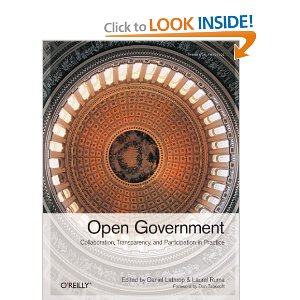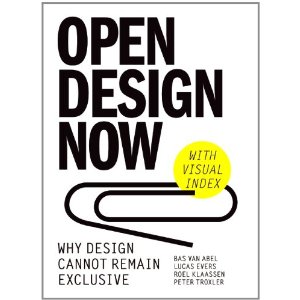
The most basic definition of open government is the idea that people have the right to access the documents and proceedings of government. Being able to closely examine decisions, policies, and procedures is foundational to having the ability to make intelligent and informed decisions as a citizen, especially in a democracy where an informed electorate is vital if good choices are to be made by voters when selecting leaders or holding them accountable.
The Open Government movement is not officially organized as a group or party, rather it is a growing collection of concerned citizens who want to help create better government by increasing citizens' access to information. It has been heavily influenced by the open source software movement and has similar aims: increased collaboration through making options available to any interested party willing to read and study, increased transparency by making source materials freely available for anyone to peruse and examine, and increased participation by eliminating closed systems wherever possible.
Open Government: Collaboration, Transparency, and Participation in Practice is a collection of 34 essays written by a wide variety of people who are interested in both promoting the philosophy of open government and in suggesting practical ways to implement procedures that will assist in applying that philosophy.

How Much of the Economy is Friction?
Shared ownership vs. peer to peer rentals
#OccupyWallStreet and the issue of power: on not confusing Power-to and Power-over
P2P Microfinance’s thousand points of light: Kiva’s Intercontinental Ballistic Visualization
Producing for our own consumption: generalizing the Scott Bader experience
Arthur Brock & Eric Harris-Braun explain the Metacurrency Project at #OccupyWallStreet
McKenzie Wark: #OccupyWallStreet as an Occupation, not a Movement



